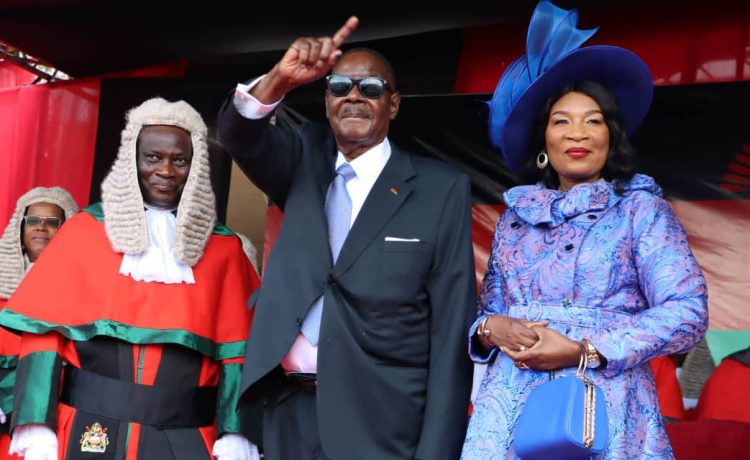Lilongwe, Malawi — Political analyst Lyson Sibande has delivered a scathing critique of the Democratic Progressive Party (DPP), arguing that the party is ill-prepared to govern effectively despite its recent electoral victory. In a widely discussed analysis posted on social media, Sibande described the DPP’s win as a “gift from a self-defeated MCP,” warning that the ruling party’s internal weaknesses could soon plunge it into political and governance crises.
According to Sibande, the DPP failed spectacularly in its core democratic duties as an opposition party during the Chakwera administration, lacking strength both in Parliament and across the media and civil society arenas. “DPP did not only fail to oppose the Chakwera administration in Parliament, but also on media platforms and activism,” Sibande observed. “The Chakwera administration was the weakest and easiest to oppose. Yet DPP failed to handle MCP.”
He further argued that the DPP’s electoral success in the September polls was not a result of strategic brilliance but of voter fatigue and frustration with the outgoing government. “When it came to the election campaign, DPP’s campaign was dull — no creativity, no appeal, no energy. But DPP won elections with an unimaginable landslide. MCP lost this election by itself,” Sibande said. “Malawians just threw this government on DPP’s lap.”
Sibande warned that the new administration’s greatest challenge now lies ahead — governing a restless nation amid economic strain and high public expectations. “It is easier to conquer and capture a principality, but difficult to keep it and rule,” he cautioned. “Winning elections is easier, but ruling is difficult.”
He pointed out that the DPP remains organizationally weak, lacking robust media engagement, coherent messaging, and meaningful alliances with civil society. To survive the turbulence of governance, Sibande advised, the party must urgently rebuild its communications machinery, reconnect with public opinion, and forge strategic partnerships across political and social spheres.
“The economy will get tougher, campaign promises will remain unfulfilled, and managing public anger will require competence and coordination on several fronts,” Sibande added. “Arrogance won’t help.”
Concluding his assessment, Sibande issued a blunt warning: unless the DPP reforms its strategy, strengthens its public engagement, and demonstrates humility in power, the same weaknesses that defined its opposition years could soon define its rule.
“When I look at DPP, the way it has been for the past six years,” he wrote, “chinthu ichichi chiwavuta — this thing will trouble them.”













